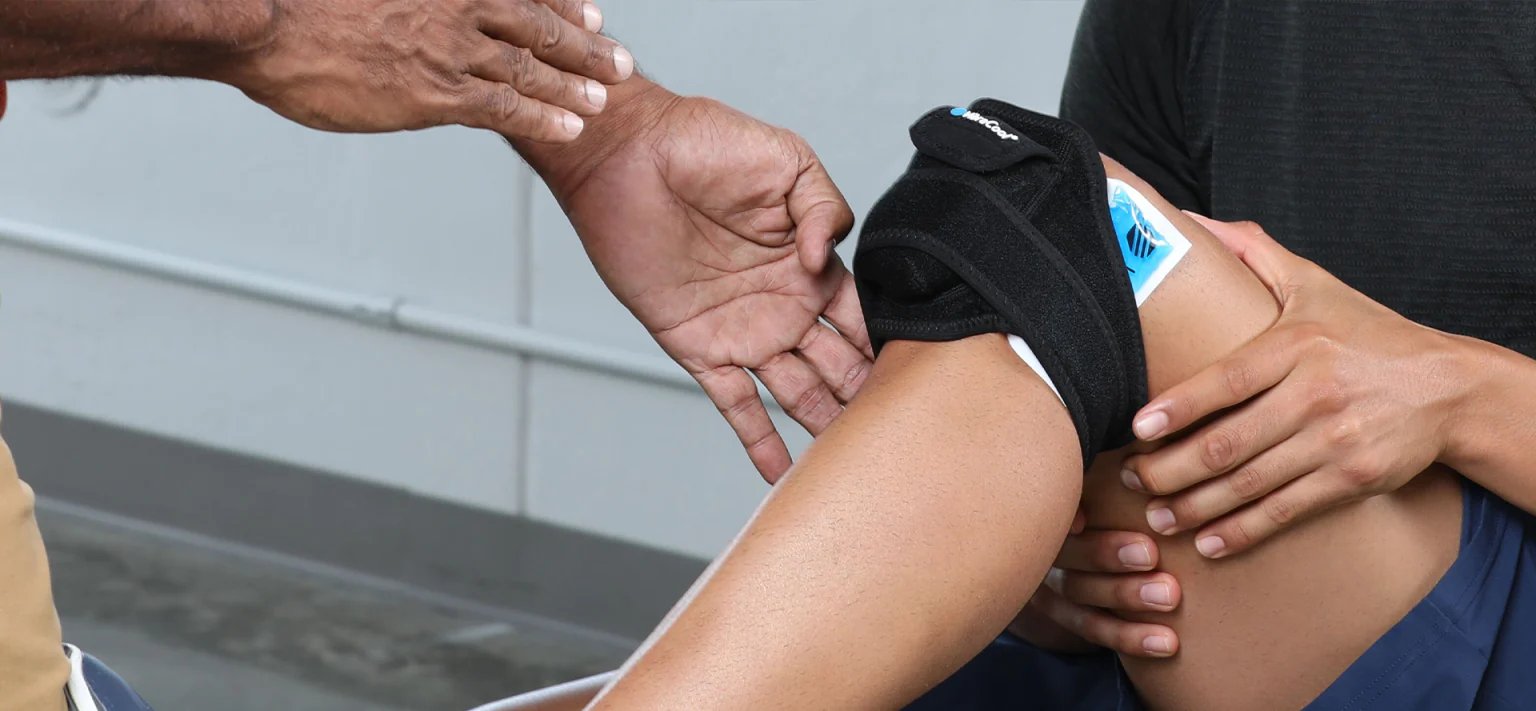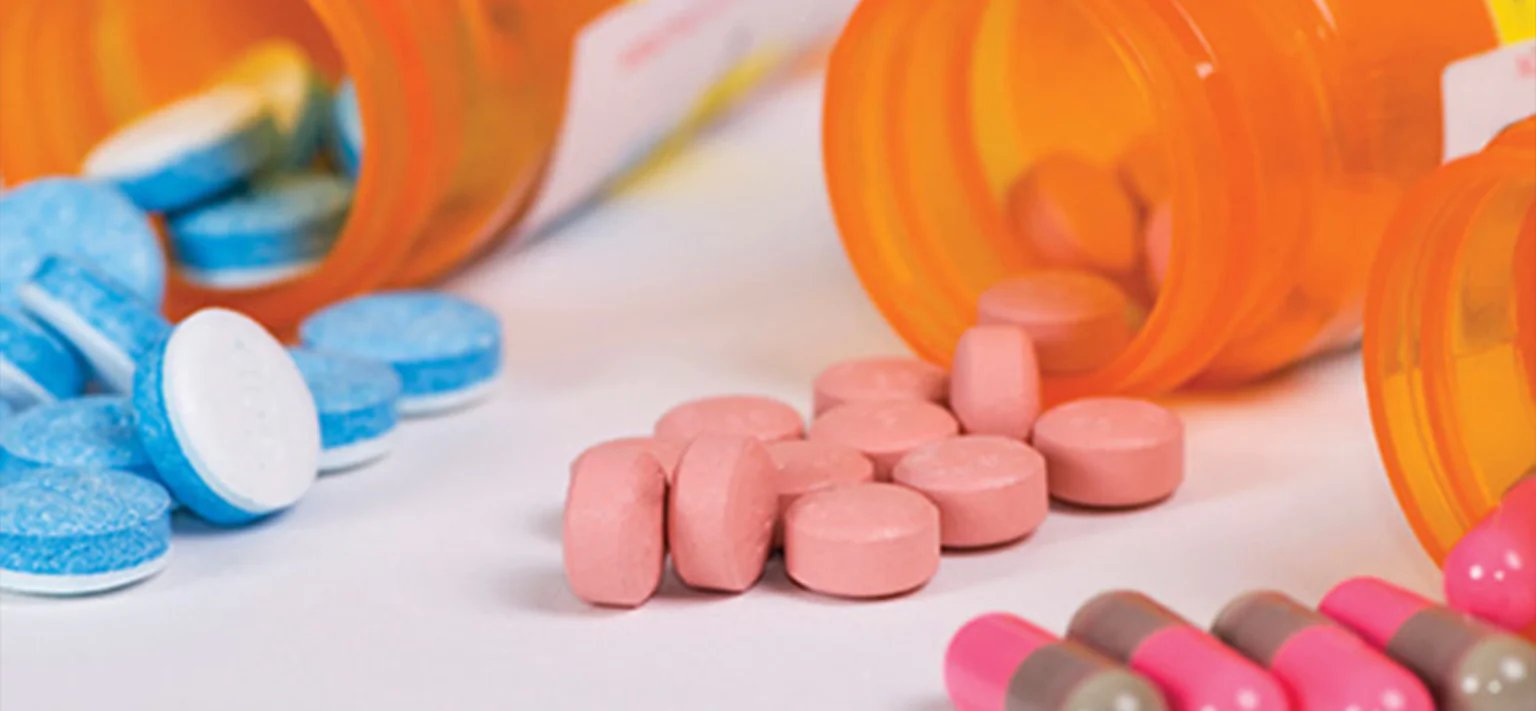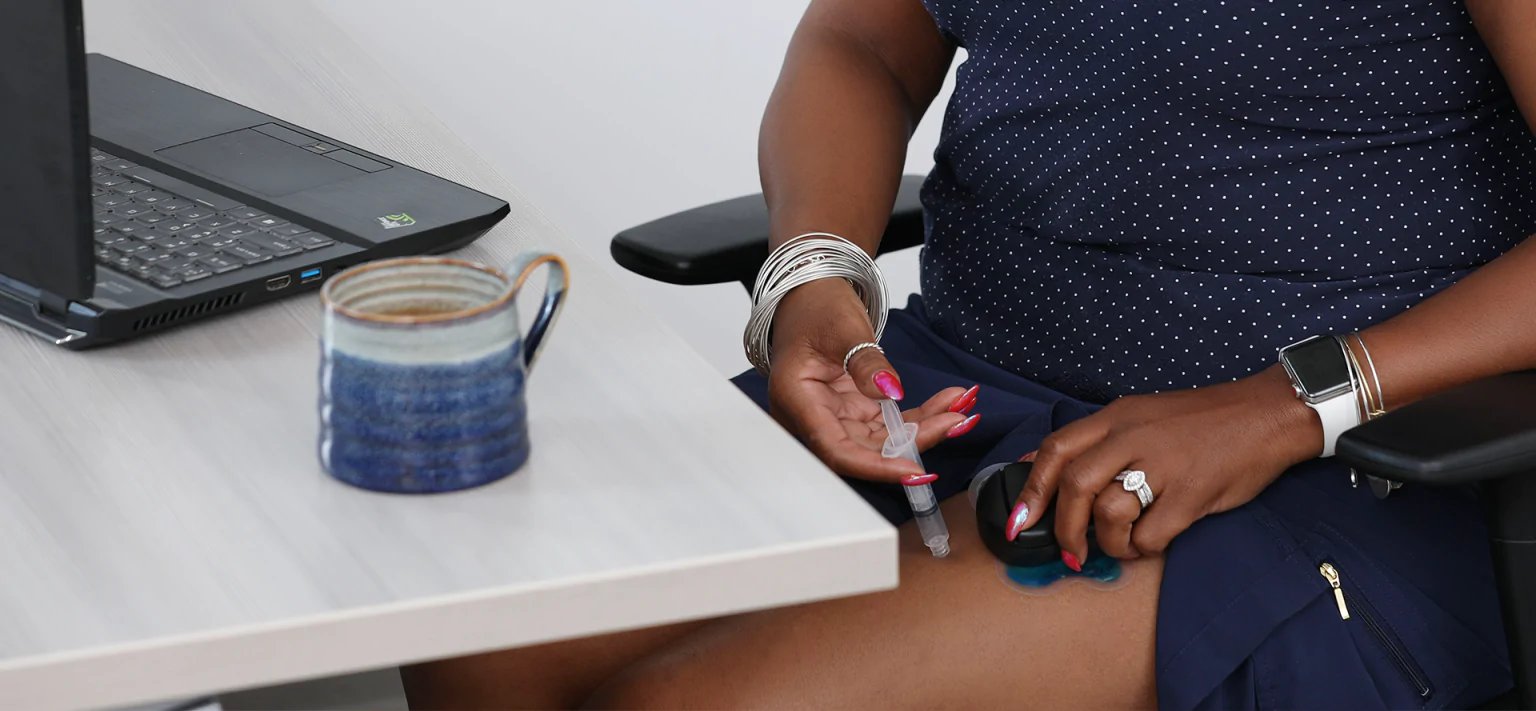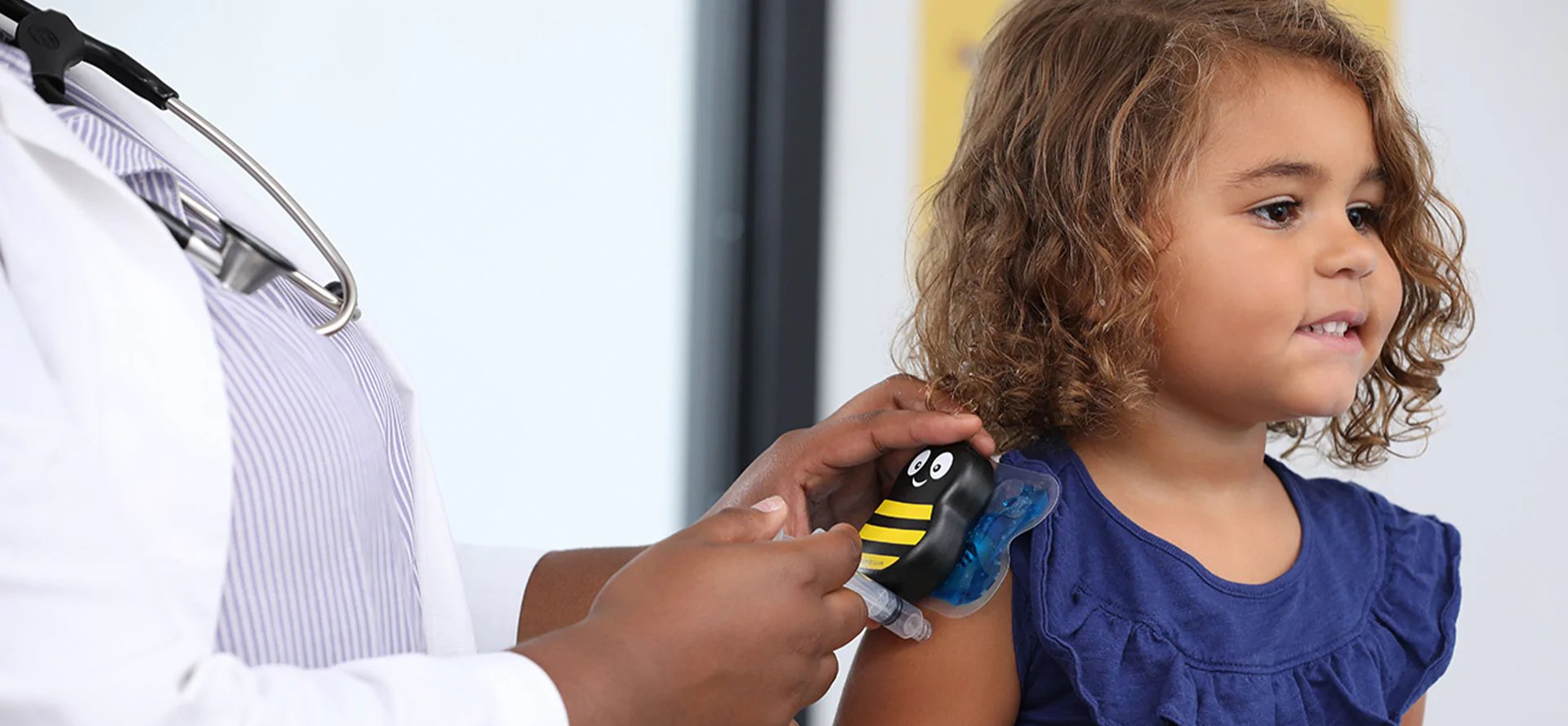
“The authors found the VibraCool® device to be a valuable adjunct to our clinical treatments, especially for very difficult to-treat [tendinopathies]
“The authors found the VibraCool® device to be a valuable adjunct to our clinical treatments, especially for very difficult-to-treat [tendinopathies]…Patients showed both high compliance and tolerance; chronic pain patients who had some hypersensitivity to general tactile stimulation did fine with the unit.”
Practical Pain Management again recommended VibraCool for home physical therapy and telePT during COVID-19.
REFERENCE:

Effects of Focal Vibration on Pain and Opioid Usage following ACL Reconstruction: A Pilot Study. AAPM&R 11 2019 San
REFERENCE:

Penicillin injection adherence for rheumatic heart disease had been a problem. After 3 uses in a special clinic for non-adherent patients, pain and fear dropped by half.
REFERENCE:

“The Buzzy intervention should be used when children are undergoing IM injections to reduce their levels of pain and fear.” – Yilmaz et al.
REFERENCE: